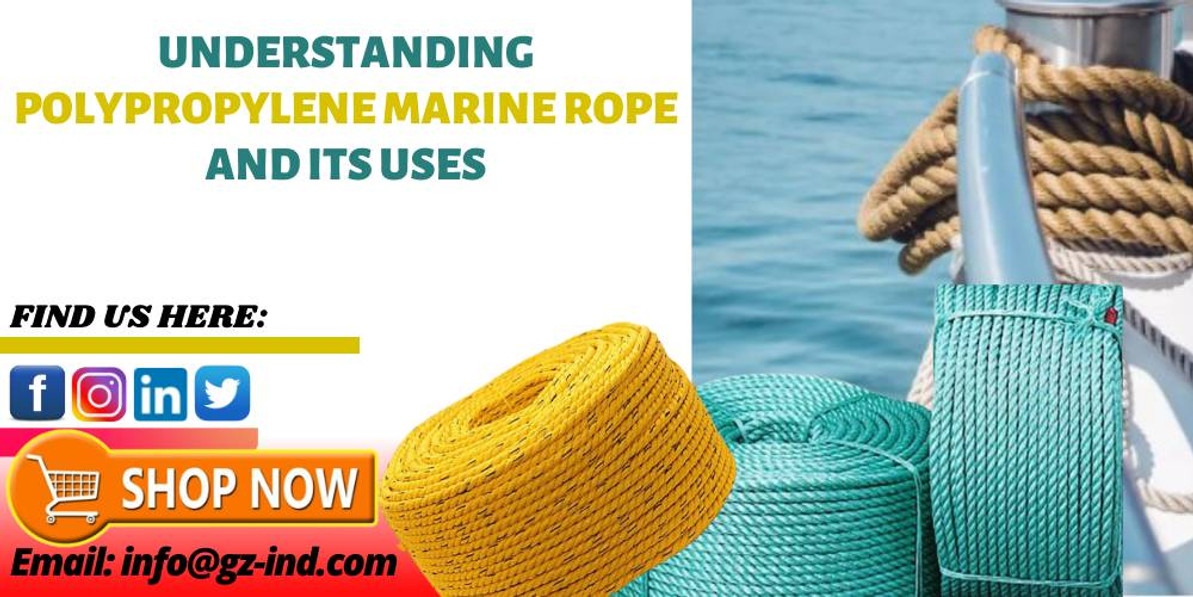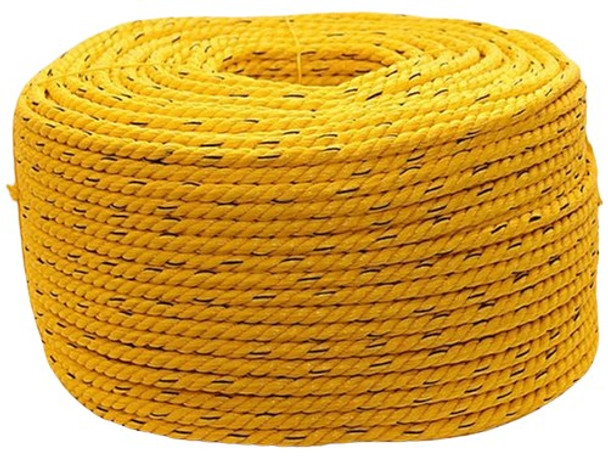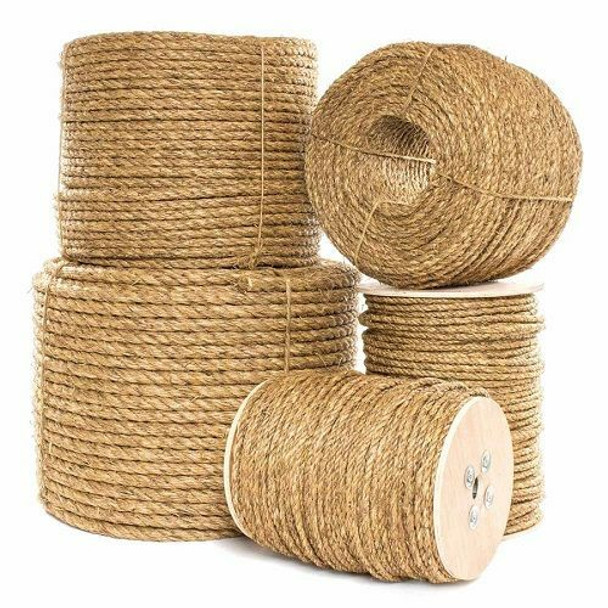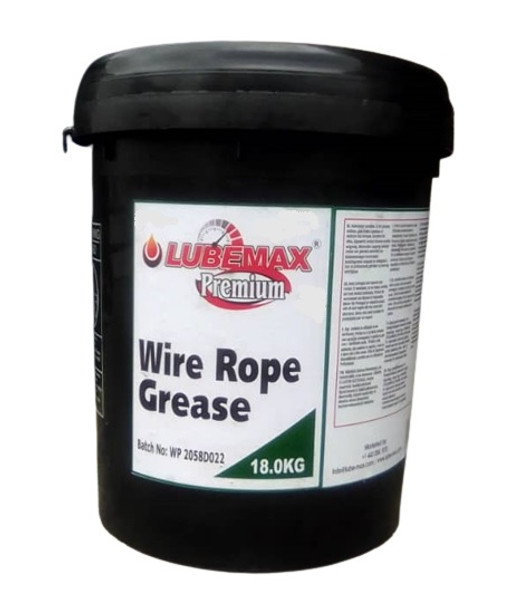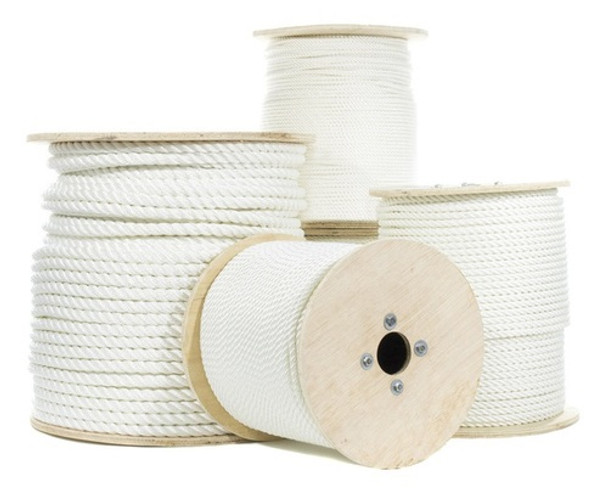Understanding Polypropylene marine rope and its uses.
Here is the audio of this Article
Polypropylene rope (sometimes referred to as the "Yellow Rope") is most commonly used for activities like wakeboarding and water skiing. It's also used to tow dinghies and tenders, although Manila, Polyester, and Nylon Rope can work too. Polypropylene ropes are synthetic and possess a variety of unique qualities. This article gives a clue to Understanding Polypropylene marine rope and its uses.
Buy Online Polypropylene Marine Rope Hellog
Using suitable, reliable load-restraint equipment is essential when transporting essential goods and materials. If sub-standard equipment is used, the risk of your load becoming loose and potentially damaged is high, which can negatively affect the person transporting the goods and, more importantly, the people traveling around them. Here at SafetyLiftinGear, we supply a comprehensive range of load restraint equipment you can trust to secure your essential loads properly. One of the items in our Load-Restraint category is Polypropylene Rope, available in various strands, lengths, and thicknesses, perfect for a wide range of restraint applications. If you're wondering what polypropylene rope is, continue reading to find out some of its benefits!
Polypropylene rope is a fantastic general-purpose piece of rope equipment suited for several domestic, business, and leisure applications. As mentioned, it comes in various lengths and thicknesses, making it a robust and sturdy choice that provides several advantages which set it apart from other similar types of rope. We take a look at a number of these below:
Polypropylene rope floats and is almost as strong as Nylon, making it perfectly acceptable for these activities. However, this rope is far less resistant to the sun's UV rays and will not last as long as Nylon rope.
Polypropylene is A lightweight material with good strength and incredible versatility. It floats, is waterproof, and is resistant to rot, oils, gasoline, and most chemicals. Hooven Allison's polypropylene rope contains a special additive that reduces but does not eliminate deterioration from sunlight. Available in split film (S, F, T) and monofilament fiber form.
Polypropylene rope is particularly suited for use around water, will not rot due to water, and is resistant to mildew. This rope is also produced in various colors, making it a common choice for barriers at golf courses, parks, or even power plants. Because polypropylene floats, it is used to designate swimming lanes in pools. Commercial fishers commonly utilize this rope, especially in crab and lobster lines. We can also use Polypropylene Marine rope for buoy moorings, aquaculture, and net lines.
Buy Online Manila Marine Rope Hellog
Ability to Float on the water -
At first, this may not seem a great advantage, but if you need a rope for boating purposes, a yarn that does not float will not last long. Polypropylene can be easily retrieved, making it a natural choice for ropes used in and around water. Its bright color enables it to be easily seen in harsh ambient weather, low-light conditions, or against the dark backdrop of water.
Use in Construction –
One of the rope's most notable benefits is how it is made. Polypropylene is a hardy polymer resistant to many types of glue and solvents. The rope is woven from three-strand yarn, making it highly durable and robust. Polypropylene also has a higher melting point than most common polymers, making it resistant to heat and friction. It also will not splinter, which makes it more user-friendly, prolonging its life even when frequently knotted and untied.
Rot-Proof Material –
Polypropylene is excellent for load restraint as it's completely rot-proof! being load-resistant has a massive benefit for long-term use and storage, mainly when used outdoors where the possibility of it being regularly soaked is high. Other types of rope, such as hemp rope, for example, will not be able to withstand such conditions due to bacterial growth. Polypropylene rope, on the other hand, can maintain its capabilities and strength for much longer.
Buy Online LubeMax Wire Rope Grease 18Kg
Advantages and Disadvantages
- Positives: dielectric/insulator, floats, water resistant, lightweight, low-cost, UV resistant, color variety.
- Negatives: stretches (although this could be positive), susceptible to friction.
- Most Common Uses: Workaround electric lines, marine applications, swimming-lane barriers.
Outstanding Qualities of this marine rope
Dielectric ability is an essential quality of polypropylene marine rope. Because polypropylene rope acts as an insulator, electricians and tree workers who work around live electrical wires use polypropylene rope. Should this rope touch a live electrical wire, it will not conduct the electric current. When using this rope for hauling or hoisting, attention should be given to abrasions against the rope as it can melt from friction. Polypropylene also lacks stretch memory. When stretched, it will not return to its previous size.
This rope has vast capabilities. If you need a solid rope to be used in or around water or anticipate possible exposure to electricity, then polypropylene rope will be your best choice.
Buy Online Polyester Marine Rope Hellog
Related Article
Origin of the manila Marine Rope
Contact us for further details and availability within the storefront in your location.
Recent Posts
-
The Best Generators in Nigeria 2024 Reviews
Key takeawayWhen considering the best generators to purchase in Nigeria for 2024, it's essentia …Apr 22, 2024 -
The Evolution of Construction Chemicals: Past, Present, and Future
Construction chemicals have always been playing important roles in virtually all sorts of constructi …Apr 19, 2024 -
The Best Transformer prices in Nigeria
A transformer facilitates the delivery of electrical energy at minimum power loss. The best and affo …Apr 18, 2024

